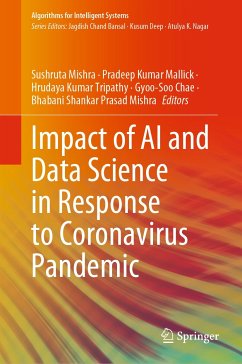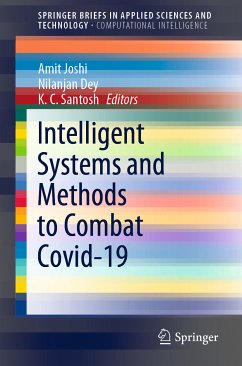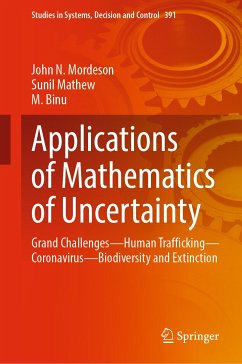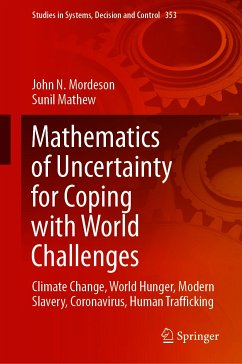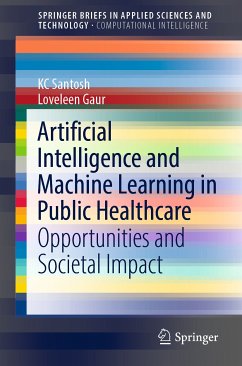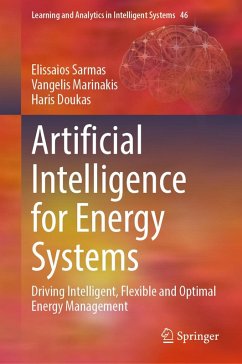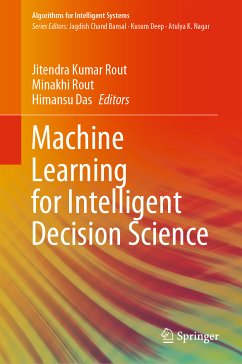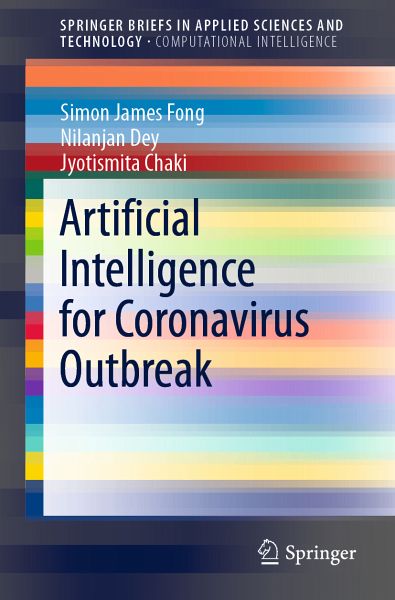
Artificial Intelligence for Coronavirus Outbreak (eBook, PDF)
Versandkostenfrei!
Sofort per Download lieferbar
48,95 €
inkl. MwSt.
Weitere Ausgaben:

PAYBACK Punkte
24 °P sammeln!
This book examines how the wonders of AI have contributed to the battle against COVID-19. Just as history repeats itself, so do epidemics and pandemics. In the face of the novel coronavirus disease, COVID-19, the book explores whether, in this digital era where artificial intelligence is successfully applied in all areas of industry, we are doing any better than our ancestors did in dealing with pandemics. One of the most contagious diseases ever known, COVID-19 is spreading like wildfire around and has cost thousands of human lives. The book discusses how AI can help fight this deadly virus, ...
This book examines how the wonders of AI have contributed to the battle against COVID-19. Just as history repeats itself, so do epidemics and pandemics. In the face of the novel coronavirus disease, COVID-19, the book explores whether, in this digital era where artificial intelligence is successfully applied in all areas of industry, we are doing any better than our ancestors did in dealing with pandemics. One of the most contagious diseases ever known, COVID-19 is spreading like wildfire around and has cost thousands of human lives.
The book discusses how AI can help fight this deadly virus, from early warnings, prompt emergency responses, and critical decision-making to surveillance drones. Serving as a technical reference resource, data analytic tutorial and a chronicle of the application of AI in epidemics, this book will appeal to academics, students, data scientists, medical practitioners, and anybody who is concerned about this global epidemic.
Dieser Download kann aus rechtlichen Gründen nur mit Rechnungsadresse in A, B, BG, CY, CZ, D, DK, EW, E, FIN, F, GR, HR, H, IRL, I, LT, L, LR, M, NL, PL, P, R, S, SLO, SK ausgeliefert werden.



